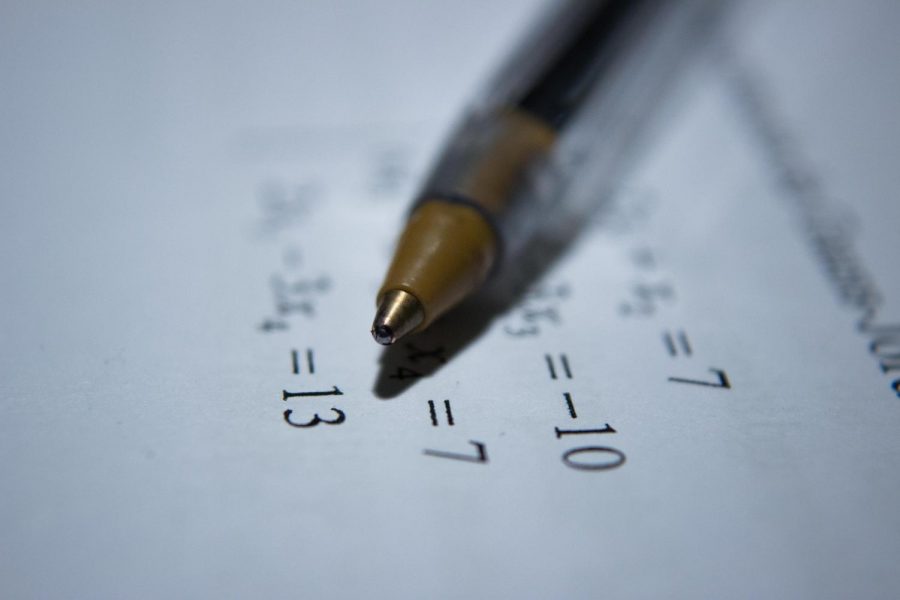Virtual Midterms Raise Questions About Academic Integrity
UNSPLASH PHOTO COURTESY OF ANTOINE DAUTRY
Midterms this year are very different, yet the academic integrity expectation for students stays the same. https://unsplash.com/license
November 25, 2020
Throughout the beginning of the 2020-2021 school year, many of the procedures followed by teachers have been noticeably different from previous years due to the coronavirus pandemic. The way in which midterms were administered at the end of the first marking period was no exception to the widespread changes that have taken place.
Like many teachers throughout the school, English teacher Jaime Vander Velde opted against utilizing a traditional testing format for midterms, instead choosing to give a writing assignment.
“In non-pandemic times, the English IV midterm would be an exam consisting of objective questions and short answers,” Vander Velde said.
Her reasoning for assigning an individually-based task was partially due to the obstacles posed by having a mix of hybrid and fully-virtual students. Students on a hybrid schedule can be monitored during a test by an in-person teacher in order to prevent cheating, whereas at-home students cannot effectively be prevented from using forbidden resources.
This dilemma prompted Vander Velde to design an open-ended assignment where students could apply learned skills in place of a test with concrete answers.
“I wanted [fully-virtual students] to have the opportunity to complete an assessment task as closely aligned with their [hybrid] classmates as possible,” Vander Velde said.
Not every teacher chose this route, however, and those who did decide to stick with the original testing format were presented with a different set of integrity-related issues.
“[Sticking to the original testing format] required me to make 2 versions of the exam, one for the [Cohort] A kids and one for the [Cohort] B kids,” said Forensics and Biology teacher Leah Morgan.
Morgan explained that this step was taken to mitigate the risk that Cohort A hybrid students, who took their in-person Forensics midterm earlier in the week, would share answers with Cohort B students. She hoped that fully-virtual students, who had no choice but to take an online version of the test, would not engage in cheating and meet the expectations of the district’s academic integrity policies.
“I do expect academic honesty on all tests where students cannot use permitted materials, and I think with the CHS population, it is a reasonable expectation,” Morgan said.
Junior Marissa Perez of Toms River, a fully-virtual student, also found this expectation to be reasonable, saying that “it is realistic to expect academic integrity because the kids here are very hardworking and honest, and everyone completes their work [in order to] learn and benefit in the future.”
Senior Michael Rau of Manalapan seconded this notion, pointing out that any violations related to academic integrity would likely be taken very seriously by the district. In addition, he argued that CHS students adhere to the policy on their own.
“It’s a hard-working group of kids at CHS, so I think academic integrity would be taken seriously,” Rau said.




